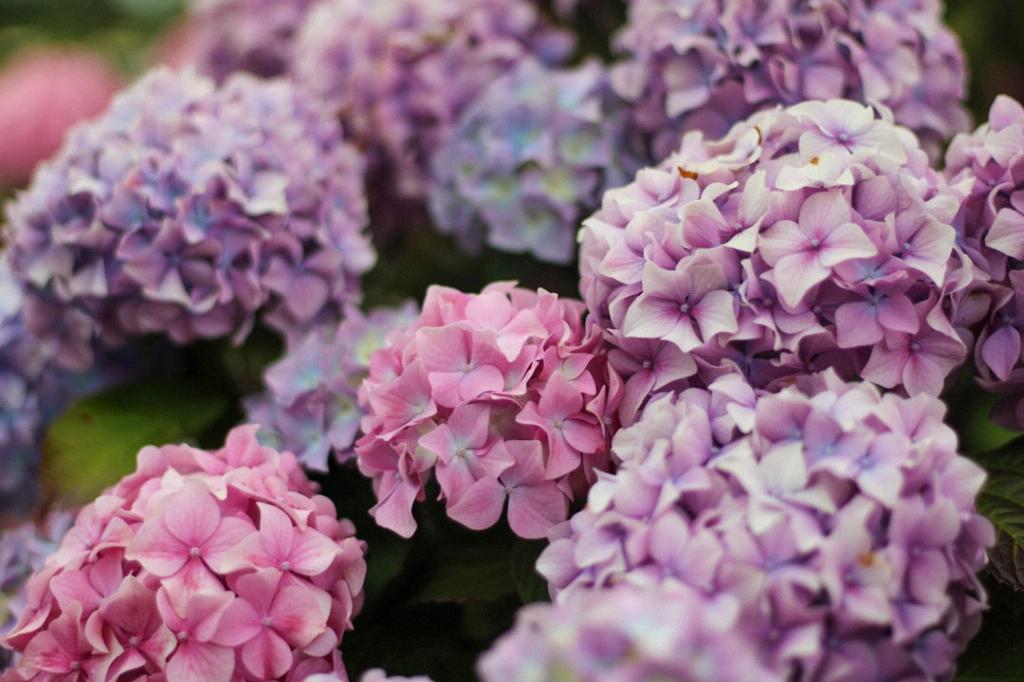When it comes to the safety of our beloved feline friends, it’s crucial to be aware of the potential dangers that certain plants pose. One common question that often arises is whether hydrangeas are toxic to cats. The answer to this question is a definitive yes. Hydrangeas contain a toxic component known as cyanogenic glycoside, which can be extremely harmful if ingested by cats.
It’s essential to understand that all parts of the hydrangea plant, including the flowers, leaves, buds, and stalks, contain this poisonous compound. However, it’s the buds and leaves that harbor the highest concentration of toxins, making them particularly dangerous for curious cats who may nibble on these plants.
When a cat ingests any part of the hydrangea plant, it can lead to a range of symptoms associated with poisoning. These symptoms may include vomiting, diarrhea, lethargy, drooling, and in severe cases, difficulty breathing. If you suspect that your cat has ingested hydrangea or is showing any of these symptoms, it’s vital to seek immediate veterinary attention.
It’s worth noting that the severity of the poisoning will depend on the amount of the plant ingested and the size of the cat. Smaller cats or those who have ingested a significant portion of the plant are at higher risk of experiencing severe symptoms. Therefore, it’s crucial to take swift action if you suspect your cat has come into contact with hydrangea.
Prevention is key when it comes to keeping your feline companions safe from toxic plants like hydrangeas. If you have hydrangeas in your home or garden, make sure they are placed in areas that are inaccessible to your cats. Consider planting them in hanging baskets or elevated planters to prevent curious pets from coming into contact with them.
While hydrangeas are undeniably beautiful plants that can enhance the aesthetic appeal of any space, it’s essential to prioritize the safety of your pets. As a responsible pet owner, it’s crucial to familiarize yourself with the potential risks associated with common plants and take proactive measures to protect your furry friends from harm.
If you suspect that your cat has ingested hydrangea or any other toxic plant, do not delay in seeking professional veterinary care. Prompt action can make a significant difference in the outcome of poisoning cases, and early intervention is key to ensuring the health and well-being of your beloved feline companion.
Remember, prevention is always better than cure when it comes to pet safety. By being vigilant and proactive in creating a pet-friendly environment, you can minimize the risks posed by toxic plants like hydrangeas and safeguard the health of your furry family members.
In conclusion, hydrangeas are indeed toxic to cats due to the presence of cyanogenic glycoside in all parts of the plant. As a responsible pet owner, it’s essential to be aware of this potential danger and take necessary steps to protect your feline companions from harm. By prioritizing pet safety and making informed choices about the plants in your home and garden, you can create a safe and welcoming environment for your beloved pets.

